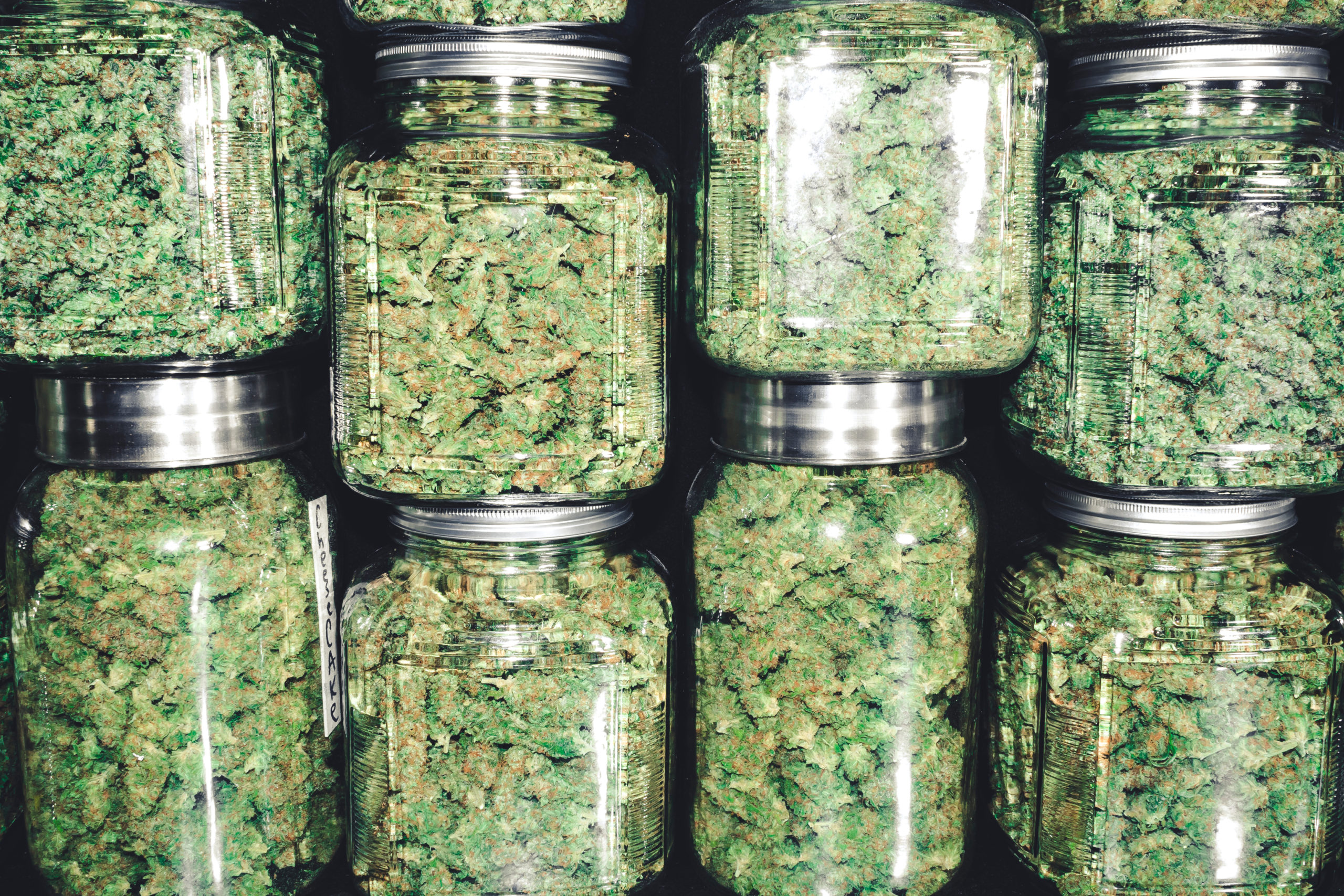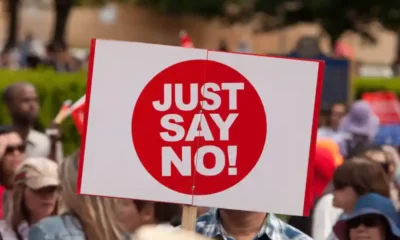Connect with us
Published
3 years agoon

Those advocating against the reform of cannabis and moving forward with an adult-use market might suggest softening laws around cannabis would increase use, though a study published by JAMA Network Open suggests otherwise.
The study included a total of 838,600 participants for analysis between 2008 and 2020 and found that cannabis abuse has not increased in states that have enacted laws legalizing recreational cannabis, with just under two percent of people living in states with recreational cannabis reporting a diagnosis with marijuana use disorder. In comparison, slightly more than 1 percent of residents in states without legal cannabis indicated they had the same diagnosis.
Additionally, the study looks at racial and ethnic differences in cannabis use, finding Hispanic people are 33 percent more likely to report past-year use of the drug following legalization, according to researchers. Whie people living in states where recreational cannabis is allowed were also 21 percent more likely to indicate past-year use than they were when cannabis was still illegal.
On the other side, laws that allowed for recreational cannabis had little, if any, observable change in behaviors among Black people, according to the data.
Just over 16 percent of participants living in states with laws legalizing recreational cannabis reported past-month use, compared to just over 10 percent in states where cannabis remains illegal. Narrowing the window, 11 percent of participants in statements that legalized cannabis reported use over the past month, compared to six percent of those in non-legal states.
The study ultimately notes, across all racial, ethnic and age groups, the reported daily use of cannabis did not substantially increase, even following the legalization of recreational use, which researchers also suggest means that there was not a rise in marijuana use disorder in these states.
“At least in the first few years after recreational cannabis legalization in states that legalized cannabis for adult use, cannabis use only increased among certain demographic subgroups,” study co-author Silvia S. Martins told UPI. “And, there were virtually no increases in cannabis use frequency and cannabis use disorder.”
The researchers also noted that there was no reported increase in use of cannabis among teens ages 12 to 20 following the passage of legalization laws, which Martins notes is a primary concern of those in opposition of legalization.
In their study conclusions, researchers said, “Changes in cannabis use by race and ethnicity that may be attributable to policy enactment and variations in recreational policy provisions should be monitored. To ensure that the enactment of recreational cannabis laws truly contributes to greater equity in outcomes and adheres to antiracist policies, monitoring unintended and intended consequences that may be attributable to recreational cannabis use and similar policies by race and ethnicity is needed.”
They say the study was limited, in their creation of an “other” race and ethnicity category, and because the study relied on self-reported cannabis use and the social desirability for reporting use could have shifted based on the race and ethnicity after recreational cannabis legalization.
Third, they note that unhomed individuals who do not live in shelters and those residing in institutions and correctional facilities were not included in the study, which could underestimate their outcomes. They also did not explore the variations in policy provisions, like the number of legal dispensaries, cultivation and consumption restrictions.
They say the study is strong, in that it is a large, nationally representative sample across multiple years, with data self-reported by racial and ethnic groups and a survey design that offered accurate state-level estimates.
The House Judiciary Committee will vote on the bill looking to end the United States ban on cannabis legalization this week. Whether it passes or not, research like this may help to weaken arguments from the other side, suggesting that national cannabis reform will increase use if and when we reach that point.


Cresco Labs Workers Reportedly De-Unionize


Arizona Church Reaches Settlement with DEA To Allow Sacramental Use of Ayahuasca


Gov. Kathy Hochul Honors New York’s 100th Adult-Use Retail Store Opening


D.A.R.E. Officer of the Year Discusses Relative Using Medical Cannabis for Cancer


Sweden Authorities Seize 1.4 Tons of Cocaine, ‘One of the Biggest’ Seizures Ever


Uber Eats Shares ‘Dopest’ Cities With Most MJ Deliveries in British Columbia, Ontario
